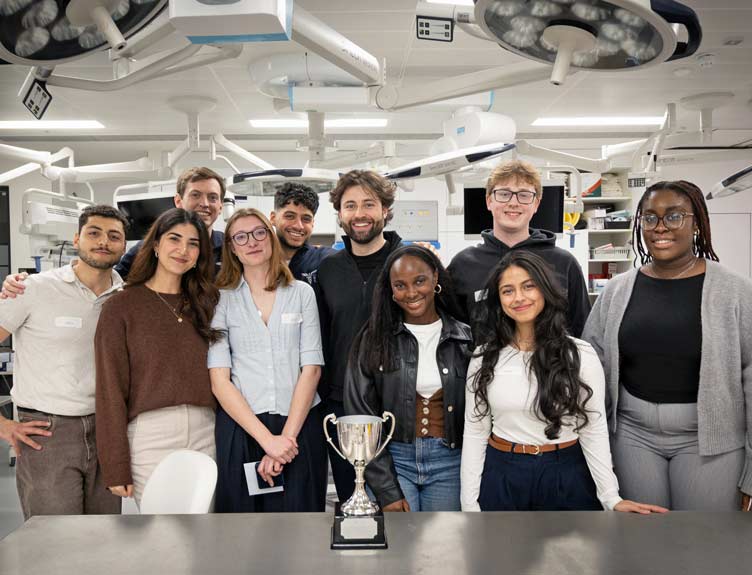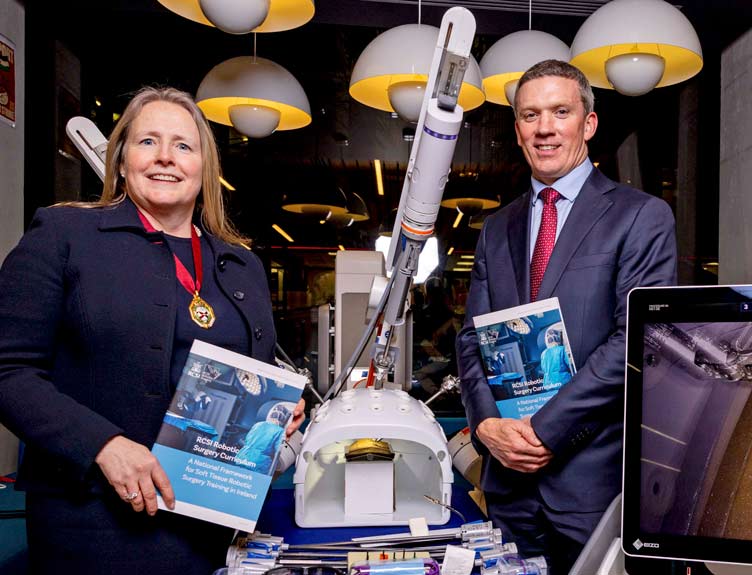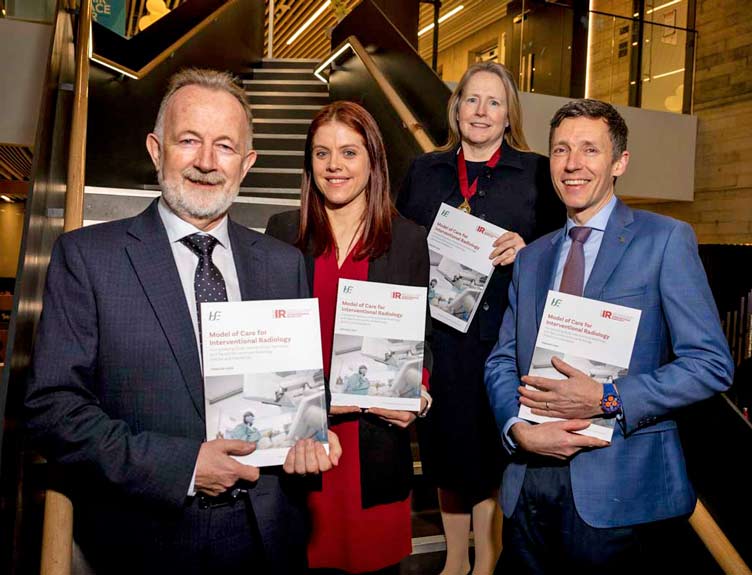Increase in waiting lists for elective orthopaedic appointments during pandemic
A new report on the impact of the pandemic on trauma and orthopaedics in Ireland has revealed that there was an increase of over 60% in those waiting 12 months or more for an elective orthopaedic appointment during the pandemic.
The analysis also revealed that general waiting lists for scheduled orthopaedic appointments increased by 15%.
The report from the RCSI National Clinical Programme for Trauma and Orthopaedic Surgery (NCPTOS) compared orthopaedic activity in hospitals in Ireland between March 2020 and February 2021 with the same period in the previous year. The aim of the report was to analyse the impact of COVID-19 on trauma and orthopaedic surgery and to identify the innovations that were introduced that have improved patient care and safety.
Scheduled orthopaedic care has always seen as discretionary within the system and the report found that there was a reduction of 27% in overall orthopaedic activity during the pandemic. Emergency orthopaedic activity fell by 10%. There was also a reduction in scheduled procedures taking place such as hip and knee arthroplasties.
Commenting, Mr David Moore, Joint Clinical Lead of NCPTOS, said: "Internationally, it has been reported that reduced and delayed presentations for non-COVID-19 illnesses have resulted in increased mortality and morbidity. For many orthopaedic patients, the impact of having surgery cancelled with no indication as to when it will be rescheduled has led to patients being critically compromised. It is imperative that those patients who have now been on a waiting list for a prolonged period of time are treated immediately."
The analysis also demonstrated that several initiatives introduced during the pandemic such as Virtual Trauma Assessment Clinics (VTAC) and an Active Clinical Triage (ACT) process had improved care and reduced costs for patients. VTAC allow patients to be assessed virtual for follow-up appointments at fracture clinics to ensure that only patients who require follow up appointments at the clinics are scheduled for same. The clinics have been successfully introduced in Scotland to reduce the burden on fracture clinics and the pandemic presented the opportunity for national implementation of VTAC across 18 sites in Ireland. This analysis found that VTAC sites have the potential for consultant orthopaedic surgeons to see an additional 8,000 patients per year at fracture clinics.
In October 2020, an ACT pilot was completed by the consultant paediatric orthopaedic surgeons from Children's Health Ireland (CHI) at Crumlin and Tallaght University Hospital. An ACT allows each patient referral to be screened to ensure patients are only booked to attend for a physical appointment if a clear clinical need has been identified. The pilot demonstrated the efficacy for ACT in managing waiting lists for orthopaedics as services return following the pandemic.
Mr Paddy Kenny, Joint Clinical Lead of NCPTOS, said: "The onset of the pandemic demonstrated the need for healthcare systems to adapt rapidly in a short period. We need to learn from the successful systems that were introduced as these have the potential to reform orthopaedic care for patients in Ireland and bring significant savings and increased efficiencies for the health system. Resources are needed, however, to ensure these services can be implemented and we strongly support the creation of additional orthopaedic consultant posts, as previously recommended by the HSE, to ensure the safe and efficient delivery of these services."
Professor Ronan O'Connell, President of RCSI, said: "The current pandemic has impacted heavily on health systems, making unprecedented demands on resources, but this has also allowed surgical teams to develop innovative solutions to maintain the services and even improve them in many cases. Trauma and orthopaedic teams around the country have introduced a number of innovative solutions including Virtual Fracture Clinics and Active Clinical Triage which have made a dramatic and lasting impact in relation to the delivery of patient care."
A previous report from the HSE had highlighted the need within orthopaedic surgery for an additional 80 consultant posts to be created to meet the increasing demand on the system. The analysis shows that there was little progress made during the pandemic on resourcing in the area. It was also found that the pandemic had a significant impact on surgical training. Due to the lack of procedures taking place in hospitals, trainees did not get the surgical experience required during the period which resulted in 20% of all trainees needing to extend their training by at least six months.
The speciality of trauma and orthopaedics is one of the largest surgical specialities in Ireland and accounts for 13% of the overall waiting list. It is responsible for one third of the acute bed days used and one third of acute surgical procedures performed annually.



